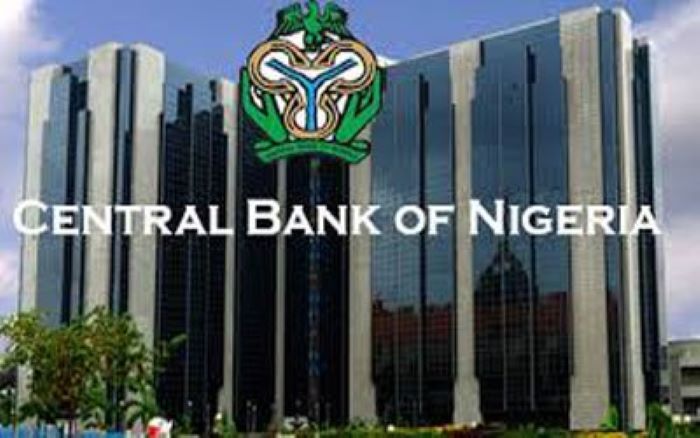By Mercy Aikoye
The Central Bank of Nigeria (CBN) Governor, Yemi Cardoso, has expressed optimism that Nigeria will achieve a $1 trillion economy by 2030. This projection is supported by the CBN’s recapitalization policy, which has prompted banks to strengthen their financial positions, leading to a more robust and resilient banking sector by March 2026.
For 2024 and 2025, Nigeria’s growth rate is projected at 3.2% and 3.3%, respectively, with a more robust 4.3% growth rate anticipated in the future. The non-oil sector has maintained a strong performance, contributing 94.30% to GDP with a steady 2.80% growth rate.
The oil sector’s growth rate has almost doubled to 10.15% in Q2, 2024, from 5.70% in Q1, 2024, due to improved security surveillance and increased production of crude oil and natural gas. The Services sector remains the primary economic driver, contributing 58.76% to GDP with a robust growth rate of 3.79%.
The Industrial sector has shown remarkable improvement, with its growth rate surging to 3.53% from 0.31%. Agriculture’s contribution to total GDP has also increased, with its growth rate rising to 1.41% from -0.90%, indicating a substantial turnaround in productivity.
Nigeria’s foreign exchange reserves have grown significantly, with remittance flows representing 9.4% of total external reserves. The reserves rose by 12.74% to $39.12 billion as of October 11, 2024, driven by foreign capital inflows, receipts from crude oil-related taxes, and third-party funds.
In Q2 2024, the Bank maintained a current account surplus and saw remarkable improvements in the trade balance. The current external reserve position can finance over 12 months of imports of goods and services or 15 months of goods only.
Inflation has trended upward due to high food prices, energy costs, and legacy infrastructural challenges. However, it commenced deceleration from 34.19% in June 2024 to 33.40% in July 2024, and further eased to 32.15% in August 2024.
To combat inflation, the CBN has implemented various monetary policy measures, including raising the policy rate by 850 basis points to 27.25%, increasing Cash Reserve Ratios, and normalizing Open Market Operations.
The CBN has also adopted an Inflation-Targeting (IT) monetary policy framework to combat persistent inflation. The Bank’s recapitalization policy aims to support the $1 trillion economy by 2030.
The banking industry remains sound, safe, and resilient, with improvements in liquidity and asset quality. Key financial soundness indicators show a robust capital adequacy ratio and improved liquidity ratio.
The capital market has responded positively to the CBN’s policies, with the All-Share Index and market capitalization sustaining positive gains, reflecting renewed investor confidence.
On the outlook for the economy, Cardoso expressed confidence in continued positive growth, especially in the non-oil, oil, and industrial sectors. However, he noted potential global economic disruptions and domestic challenges.
The Chairman, House Committee on Banking Regulations, Hon. Mohammed Bello El-Rufai, commended the CBN Governor for his efforts in stabilizing the economy but emphasized the need for more action to address economic challenges.



